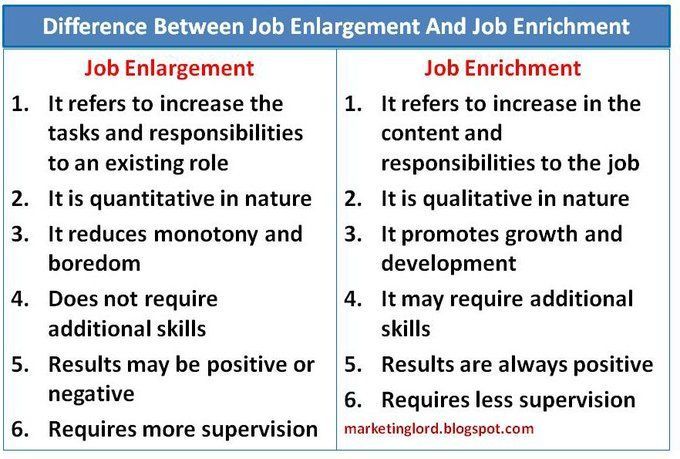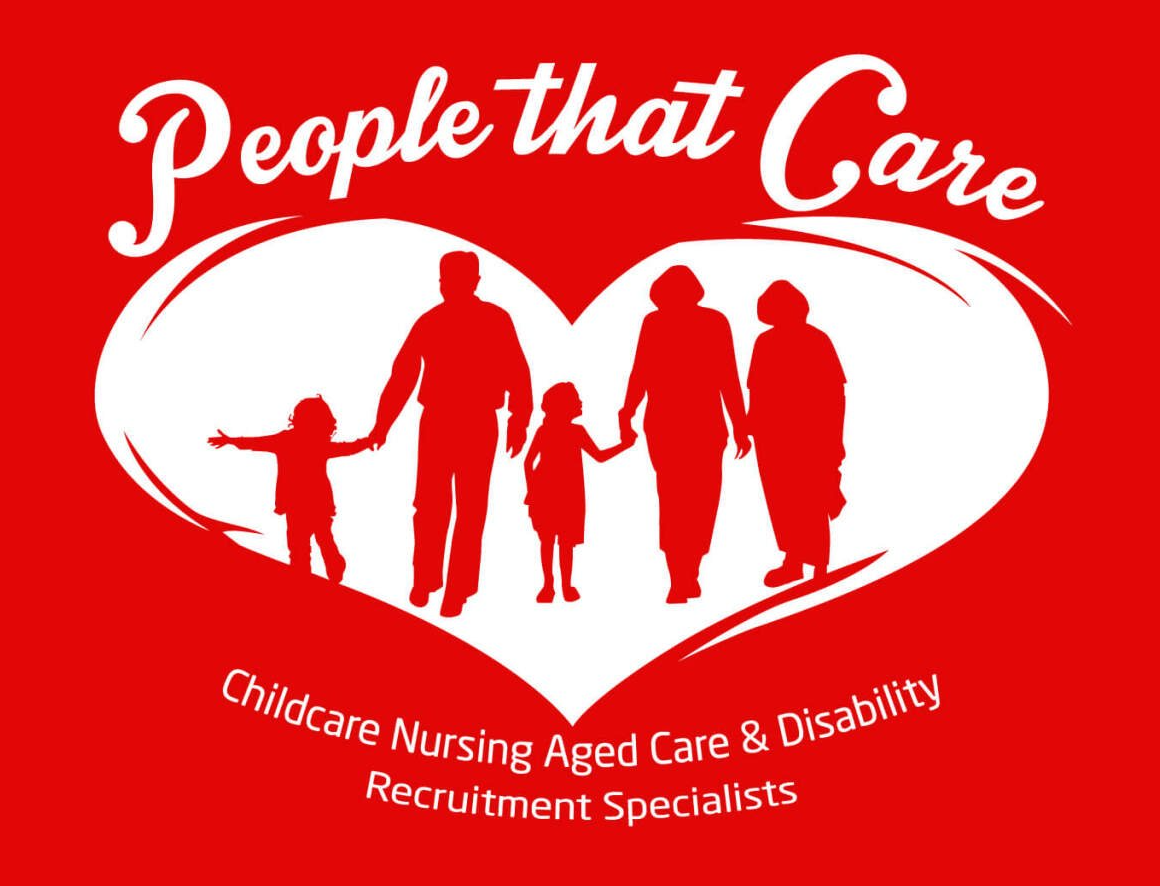5 Skills a HR Professional Needs to Overcome Common Issues
If you’re interested in pursuing a new job in human resources, there are some key skills that every HR professional needs to succeed. Regardless of your position, there’s one fundamental responsibility that connects all kinds of HR roles, from HR managers to HR officers. Your number one responsibility will always be people. In human resources, you will be working with people full time; it’s your responsibility to liaise with employees, employers, and CEOs to maintain relations across your workplace.
These statistics are why successful businesses make sure they hire the right person for any HR position. They need to guarantee that you’re the perfect contribution to their small HR team.
As a demanding and competitive industry, an HR career isn’t for everyone. It can be a difficult career transition into the field if you’re not fully prepared. To truly succeed in this kind of work environment, you need to know how to manage conflict ethically, with fairness at the forefront. You need to demonstrate your ability to think critically, adapt quickly, and prioritise. Most importantly, you need to be an active listener and communicator. If you want to go above and beyond as an HR professional, there are some essential skills that will guarantee your success. These five key HR skills will help you to overcome common problems and thrive in any kind of HR career.
1. Effective Interpersonal Communication
Effective interpersonal communication skills are advertised as soft skills on most LinkedIn profiles; this skill set is favourable in any job, but in an HR role, written and verbal communication skills are more than just favourable — they’re a must. As an HR professional, you need to know how to manage people effectively. You will be working with employees and employers at different levels, maintaining employee relations across different departments. You have to encourage active communication within these employee-employer relationships.
A common challenge you will have to face in HR is conflict management.
Disagreements and differences often come up in employee-employer relationships. Working in human resources, it’s your responsibility to smooth over these issues before they grow into larger problems. Using your effective interpersonal communication skills, you can manage conflict and ease concerns by encouraging meaningful conversation. If you can demonstrate that you’re an approachable HR professional and create an environment that welcomes open communication, you can prevent conflict altogether.
2. Administration and Organisation
In an HR environment, you need to be organised. Without impeccable time management and multitasking skills, you will be inundated with administrative responsibilities and quickly buckle under pressure. Effective human resource management involves managing the calendars and schedules of everyone else. Planning will be your speciality. You’re responsible for all kinds of administrative tasks — organising performance management plans, maintaining HR software, planning workloads to meet objectives, budgeting, evaluating data analytics, and more.
To prove that you’re an organised professional, you need to demonstrate your attention to detail and efficiency.
A common HR challenge that you will have to prevent is miscommunication, which can cause several administration issues.
Poor communication can lead to calendar inconsistencies and other incorrect information spreading. If you organise your team efficiently, encourage regular communication, and appropriately manage workloads, you can avoid these inconsistencies and maintain a consistent, organised schedule.
3. Fairness and Flexibility
There’s a common misconception in HR that you always have to be nice. This isn’t necessarily true. You don’t always have to be everyone’s favourite person, but you do always have to be fair. It’s your job to judge all workplace situations with emotional intelligence, fairness, and flexibility, making regular adjustments according to the needs of others. HR leaders need to regularly adapt to changes. This includes the changing needs and timelines of every team member, which you will have to adapt to as they change. Throughout these changes, you must remain flexible, keeping everyone’s well-being in mind. It’s your responsibility to make adjustments with fairness and ethics at the forefront of every decision.
A common HR challenge you will have to work around is unpredictability; the nature of the job is unpredictable.
You can’t predict everything and circumstances will often change. This will test your patience at times, but your fairness and flexibility will allow you to accommodate the needs of all employees and employers, demonstrating your honest and reasonable nature. Your decisions should make your ethical standards clear, offering equal opportunities and employee benefits to all team members.
4. Confidentiality and Discretion
All HR careers require you to handle sensitive information. You will be one of the few team members with authorised access to this information, so it’s your responsibility to deal with this information with confidentiality and discretion. You need to handle this information ethically, maintaining respect, care, and empathy for all team members. As an HR professional, you should make every employee feel secure in every exchange with you.
This will help to reassure every team member that their information is in safe hands.
A common HR challenge comes in the form of disagreements; employees may disagree with company policies from time to time.
By maintaining confidentiality and discretion, your team members will feel comfortable approaching you privately to discuss their concerns and offer constructive criticism. This will allow you to create fair company policies that meet everyone’s needs.
5. Decision Making and Critical Thinking
No matter what kind of HR career you want to pursue, all HR professionals have to be self-motivated individuals, constantly developing new skills. Your skillset has to demonstrate that you have the critical thinking skills needed to make practical decisions.
As a self-guided individual, you have to be able to think on your feet — you will have to regularly make considered decisions on short notice.
A common challenge in HR often comes up in talent acquisition, in the recruitment process.
Business leaders want the top talent for their company, and this can be hard to find. When you’re interviewing and assessing candidates, it’s your responsibility to find someone with the perfect blend of skills for the advertised role. With your critical thinking skills, you should be able to assess selection criteria and interview material effectively, allowing you to ultimately make the best possible decision.
Working in an HR department requires patience, discipline, and empathy. These positions are highly sought after in the business world. In order to stand out and prove this is the right career path for you, you need to demonstrate your drive and prove that you’re capable of overcoming common problems. Human resources careers are full of road bumps and setbacks; it’s all part of the package deal of working with people. If you want to thrive in your HR career, you have to do more than just overcome these problems. You have to make the most of every situation. With these five keys skills under your belt, you will thrive in any HR career, all thanks to your strengths in connection, collaboration, and communication.
Source: https://www.training.com.au/ed/five-skills-hr-professionals-need/


People That Care Australia does not receive any funding to operate its business. All profits are used to improve the service we offer to Jobseekers.
USEFUL LINKS
FOLLOW US
STAY INFORMED
You need a helping hand with your project?
We will get back to you as soon as possible
Please try again later
CONTACT US
Contact Us
We will get back to you as soon as possible.
Please try again later.
All Rights Reserved | People That Care Australia
Made with 💛 by Shazamme
